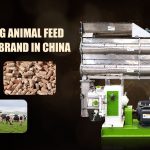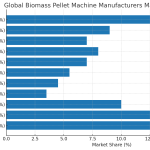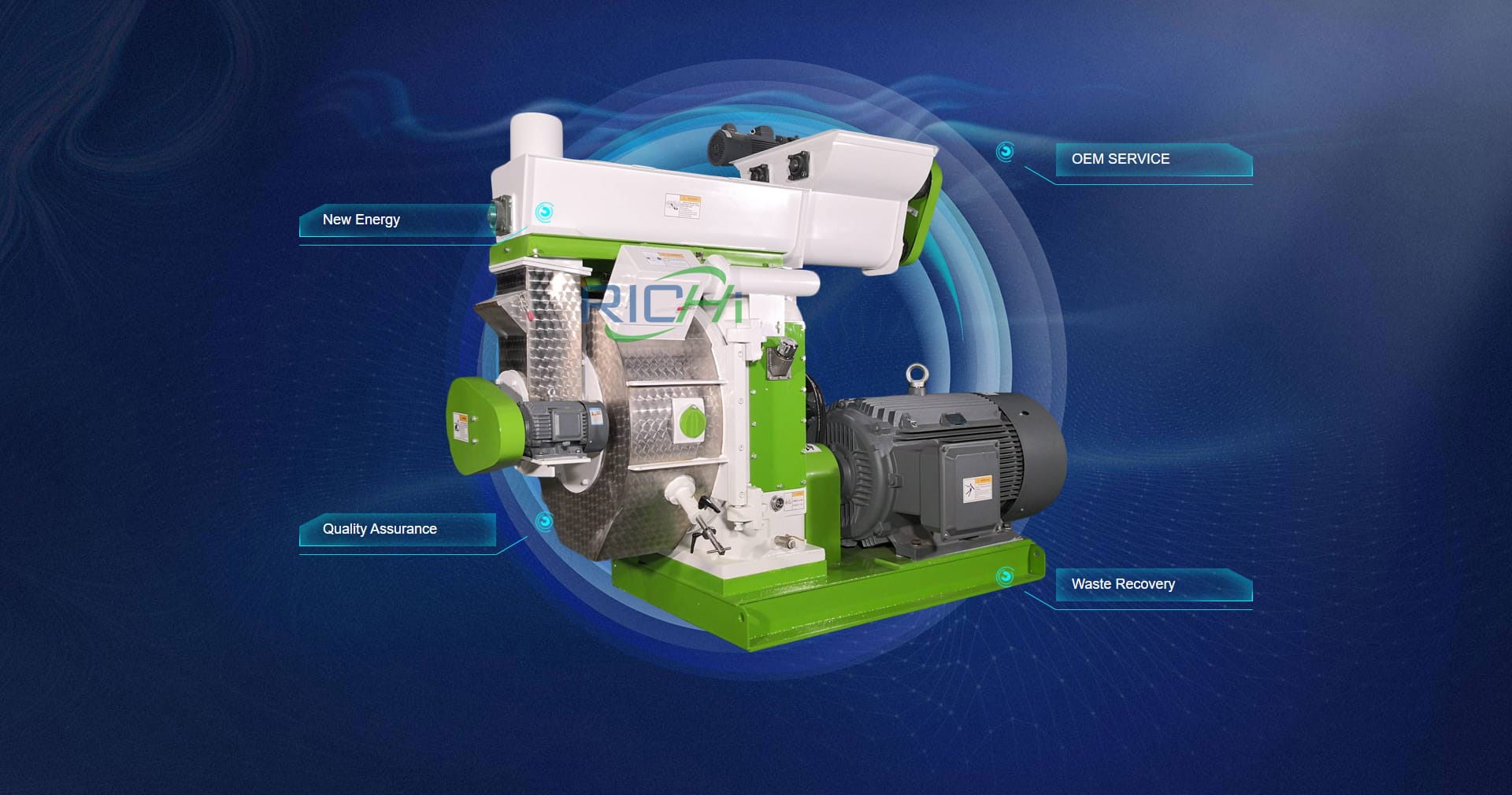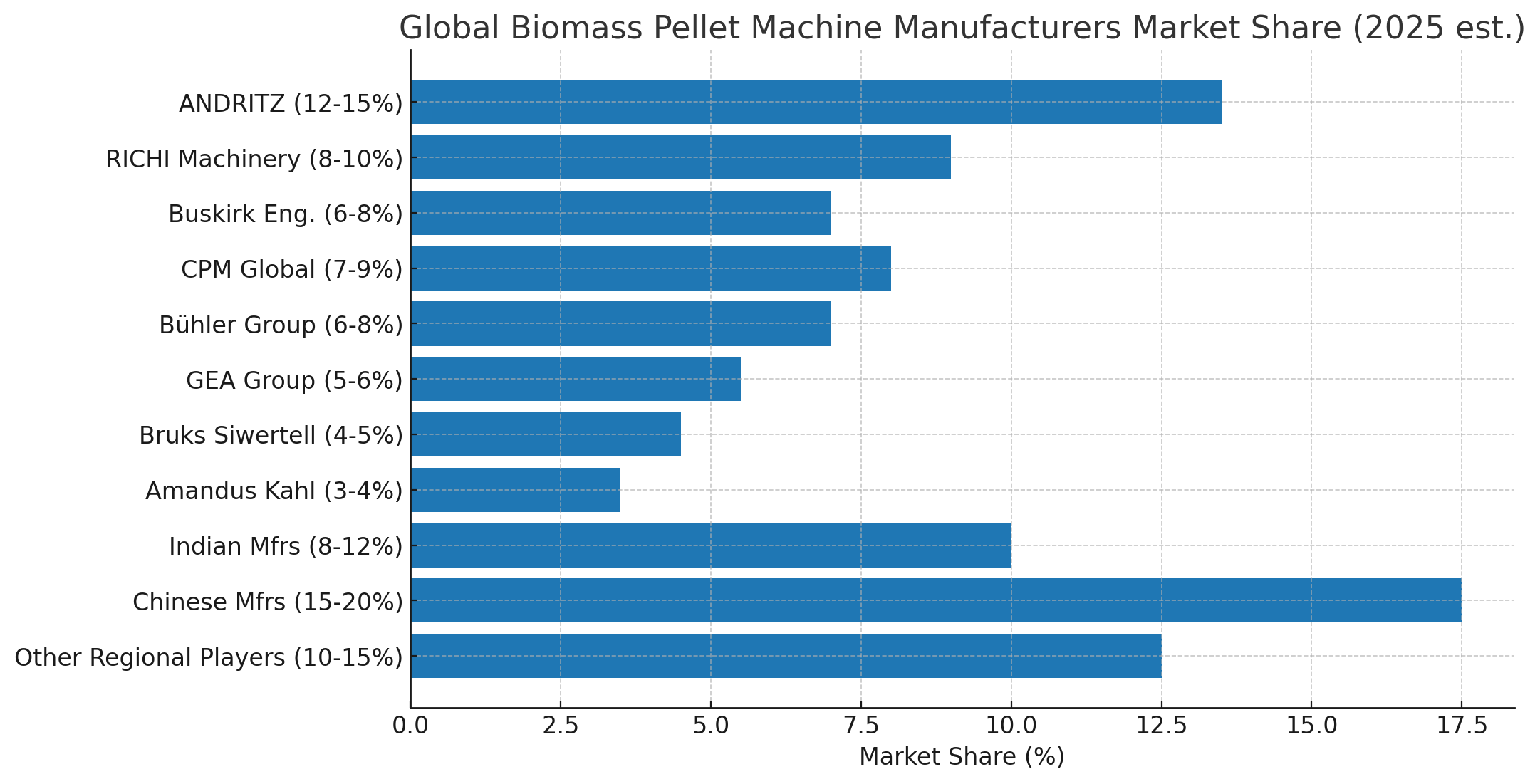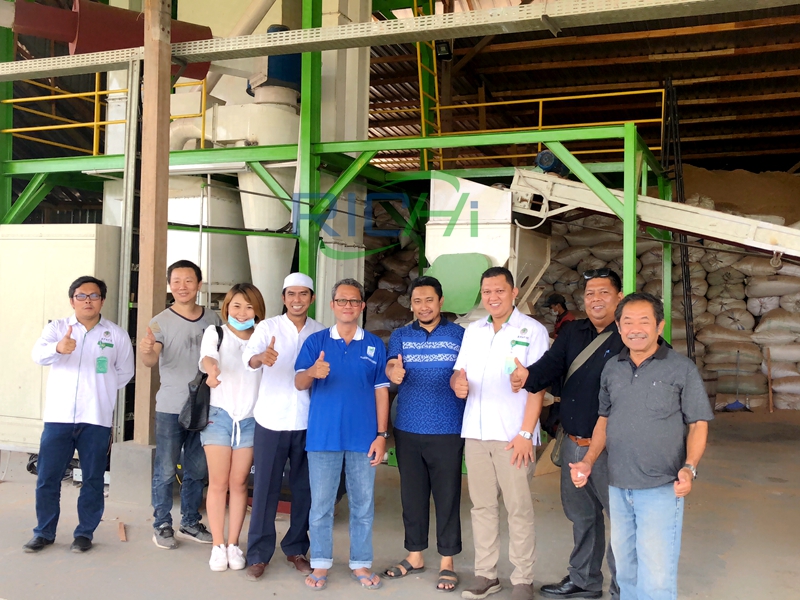As the world moves towards sustainable and renewable energy sources, biomass energy is emerging as a key player in the transition away from fossil fuels. Fuel pellet making machines are at the heart of this shift, transforming raw biomass materials into compact, energy-dense pellets that provide a clean and efficient way to meet growing energy demands. This article explores the benefits, process, and considerations involved in fuel pellet making, as well as the future outlook for this technology.
The Rise of Biomass Energy: A Renewable and Sustainable Solution
Biomass energy, derived from organic materials such as wood, agricultural residues, and dedicated energy crops, offers several advantages over traditional fossil fuels:
- Reduced Carbon Footprint: Biomass is considered carbon-neutral since the carbon dioxide released during combustion is offset by the carbon absorbed during the growth of the biomass.
- Versatility: Biomass can be converted into heat, electricity, and transportation fuels, making it adaptable for various energy needs.
- Waste Utilization: Biomass energy production utilizes waste materials from forestry, agriculture, and municipal solid waste, contributing to a circular economy.
- Domestic Energy Security: Utilizing locally available biomass resources reduces dependence on imported fossil fuels, enhancing energy security and economic stability.
- Rural Development: Biomass energy production creates economic opportunities in rural areas, supporting local communities and promoting sustainable land management.
The Fuel Pellet Making Process
Fuel pellet making machines convert raw biomass materials into compact pellets through several key steps:
- Raw Material Preparation: Collect and sort biomass materials such as wood residues and agricultural waste. Dry these materials to reduce moisture content.
- Grinding and Sizing: Feed the dried biomass into a grinding mill to achieve a consistent particle size, typically between 3-6 mm.
- Conditioning: Condition the ground biomass with steam or water to increase its temperature and moisture content, softening the material for easier compression.
- Pelleting: Compress and extrude the conditioned material through die holes using rotating rollers or a ring die. Cut the resulting pellets to the desired length.
- Cooling and Drying: Rapidly cool and dry the hot pellets to prevent further moisture absorption and maintain their structural integrity.
- Screening and Packaging: Screen the pellets to remove fines or oversized pieces, then package them for storage and distribution.
Factors Influencing Fuel Pellet Quality and Efficiency
Several factors affect the quality and efficiency of fuel pellets:
- Raw Material Quality: Consistent and uniform raw materials are essential for high-quality pellet production.
- Particle Size Distribution: Proper grinding ensures a uniform particle size, crucial for efficient pelleting and pellet durability.
- Conditioning Parameters: Temperature, moisture content, and conditioning time significantly impact pellet quality and energy consumption.
- Die Specifications: The size, shape, and compression ratio of the die holes affect the physical characteristics and density of the pellets.
- Cooling Rate: Efficient cooling prevents pellet degradation and maintains structural integrity.
- Maintenance and Optimization: Regular maintenance and process optimization, including die replacement and roller adjustment, are vital for maintaining machine performance and efficiency.
Advancements and Future Outlook
The fuel pellet making machine industry is evolving with advancements in efficiency, automation, and sustainability. Key developments include:
- Advanced Technologies: Integration of IoT and machine learning for real-time monitoring, predictive maintenance, and optimized process control.
- Alternative Biomass Sources: Exploration of agricultural residues, energy crops, and municipal solid waste as potential feedstocks for pellet production, promoting sustainability and resource utilization.
As global demand for renewable energy rises, fuel pellet making machines will play an increasingly crucial role in providing clean, efficient, and reliable energy. Ongoing research and innovation will ensure that these machines continue to meet the growing demand for sustainable energy solutions.
Related post: https://www.richipelletmachine.com/wood-pellet-making-machine-price/
Conclusion
Fuel pellet making machines are essential for transforming abundant biomass resources into versatile and environmentally friendly fuel. As the world shifts towards a greener energy future, these machines will power homes, industries, and communities with clean, sustainable energy, paving the way for a more resilient and sustainable energy landscape. Investing in fuel pellet making machines not only supports environmental goals but also offers economic opportunities and energy security, contributing to a sustainable future for all.
